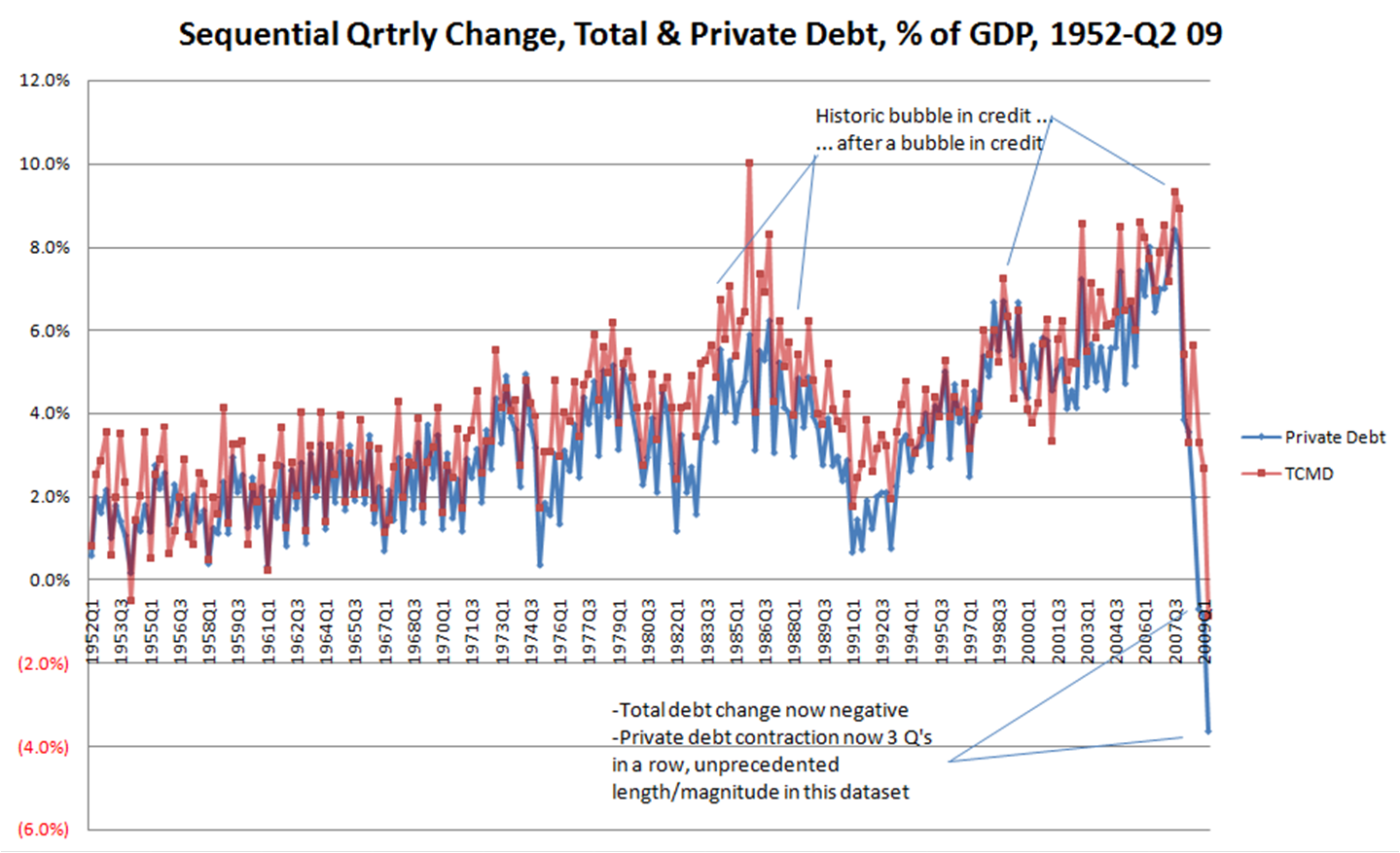Re: Deflation Not Done -- Then ???
Agreed -- does not compute for me. You'd think even TIPS would be better than treasuries if such a near-term call is possible.
And if we're looking at a possible POOM event by the end of the year, shouldn't we be thinking about the "Time to short treasuries" call? At least some options....
Am even more confused now.... :confused::confused::confused:
Originally posted by we_are_toast
View Post
And if we're looking at a possible POOM event by the end of the year, shouldn't we be thinking about the "Time to short treasuries" call? At least some options....
Am even more confused now.... :confused::confused::confused:

 [
[

Comment